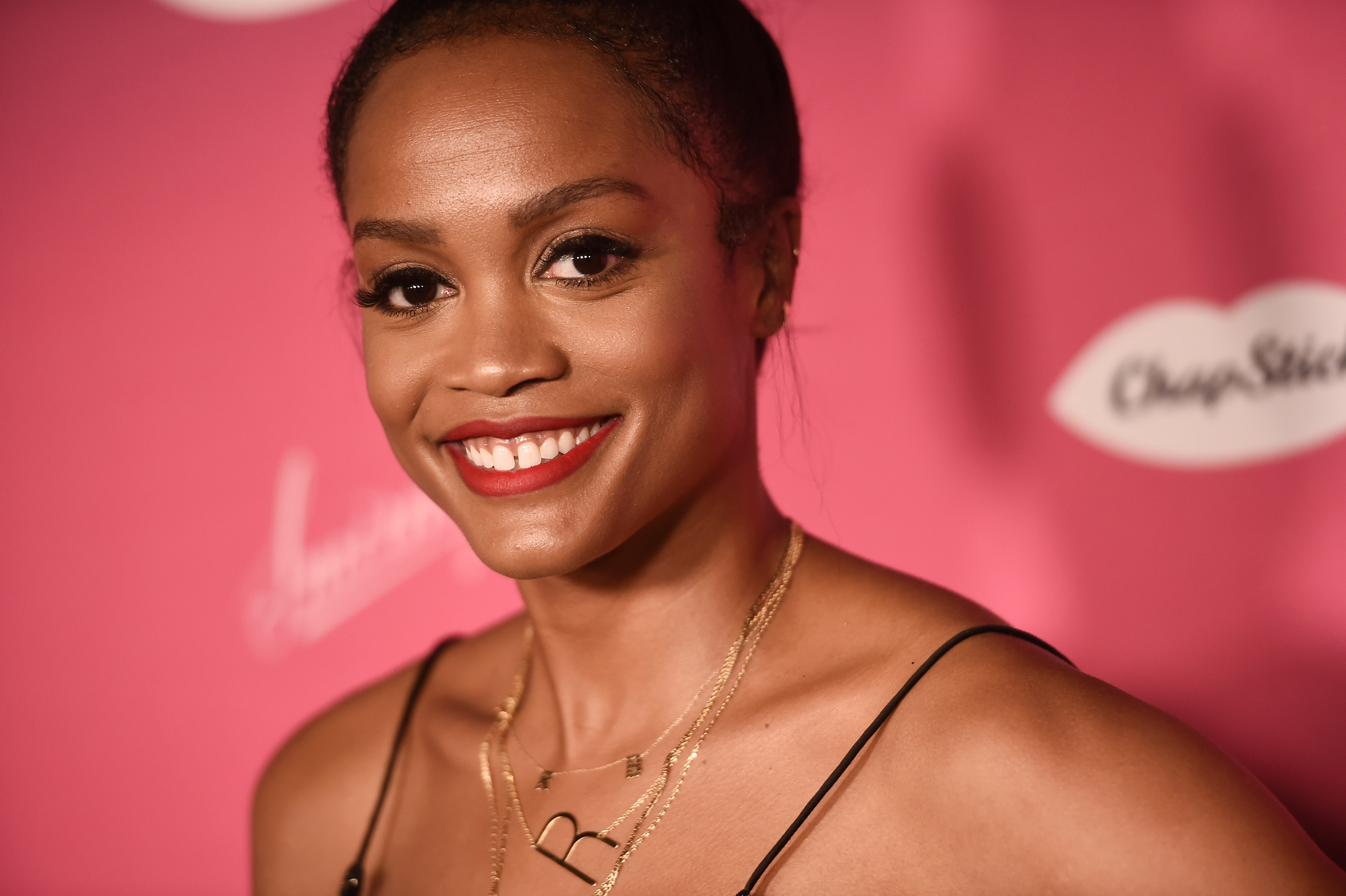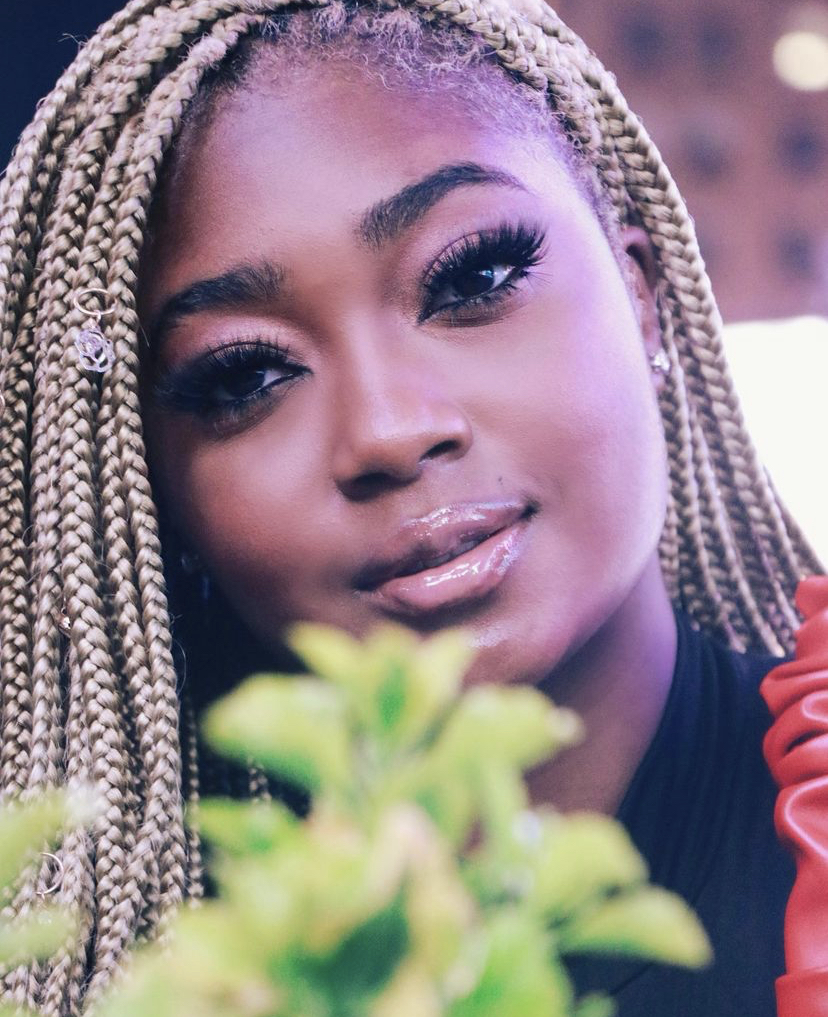

Rachel Lindsay’s legacy in The Bachelor franchise circumvents tradition at every turn it takes. When she first competed for Nick Viall’s heart in season 21, she scored the fancied first-impression rose and skated to the top three as the furthest any Black contestant has gone in the fiery love competition. Then, ahead of the season finale, ABC announced that she would take centerstage on The Bachelorette spinoff as the first Black lead in the 16-year, 34-season history of the show. Alas, like many historic triumphs for diversity, her journey to love on national television hasn’t been entirely rose-petaled. Lindsay is now speaking out on how racism and tokenization from the toxic fandom and producers disillusioned her belief that she could seemingly change the franchise from within.
In a scathing first person essay with Vulture, the Dallas native spilled everything from the flaccid promises of diversity to the death threats she’s received what she calls the vicious “Bachelor Klan.” Lindsay recounts expressing her non-negotiables early on: a season that thoroughly reflects her in front and behind the camera without trivializing or overemphasizing race. “I expressed my concerns about being the first Black lead. I talked about the fact that there were no Black people behind the camera and how I wanted that to change. I wanted them to come to me if they didn’t understand something,” she said. “I wanted a diverse season. I wanted it to be Black in every way. They deferred to me and asked questions. Was I comfortable with the makeup artist? How did I want my hair done? I felt like they were listening to me.” In earlier interviews prior to her season’s debut, Lindsay remained resolute that her skin wouldn’t evoke any deviations in her journey. But, much to her dismay, her skin would make her the de facto token Black girl and later, the villain of the franchise.
The 36-year-old doesn’t check the usual pageant queen or girl next door box on the show’s standards for its leading ladies, but she was a palatable Black girl on paper whose attorney resume gleams in front of the show’s mostly-white viewership. “I had a squeaky-clean record. I had to be a good Black girl, an exceptional Black girl. I had to be someone the viewer could accept. And I was a token until I made sure I wasn’t,” she said. The most notable moment Lindsay shattered the facade the franchise projected onto her came earlier this year when Chris Harrison, the show’s former longtime host, relentlessly defended Rachael Kirkconnell after allegations of racism surfaced. Kirkconnell attended an antebellum-themed fraternity gala in 2018 and was a contestant on Matt James’ season (the first Black Bachelor). In a candid discussion that would lead both Lindsay and Harrison to officially parting ways with the franchise, Harrison refuted any steps of accountability with claims of “the woke police” stoking the allegations.
Lindsay also reflected on the times during filming where she felt her non-negotiables were scrapped by production for intensified storylines. “There’s always one story line that causes drama each season, and for their first Black lead, they allowed it to be a racist one. They chose the low-hanging fruit. It told me everything I needed to know,” she said, referencing her season’s fiasco around Lee Garrett. Moreover, Lindsay shared that optimizing optics (i.e. being instructed to save Black contestants for diversity or surface-level conversations about interracial marriage) neglected critical discourse regarding race and racial stereotypes with zero air time. “To the franchise, I am no longer a figurehead. I am no longer a spot-filler. I am no longer the face of what is diverse,” she added in her apparent farewell.









